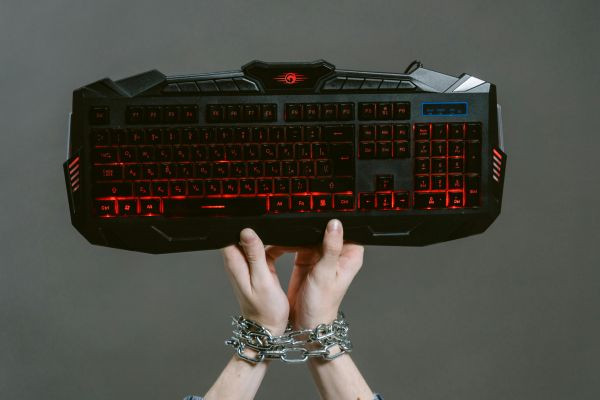Blockchain technology is transforming several industries, and the gaming sector is no exception.
12/28/24 • 258 Views
Blockchain technology is transforming several industries, and the gaming sector is no exception. Among many innovations it brought to the gaming sector, the emergence of play-to-earn (P2E) games stands out as a trend that changes the game. These games allow players to earn real-world value from in-game activities, thereby closing the gap between virtual entertainment and tangible rewards.
What Are Play-to-Earn Games?
Blockchain games rely on blockchain technology where all the players own the items that they are winning in the games. Unlike the traditional game, where assets and progression are stored in the game, in blockchain games, the won items become owner and are presented as NFTs, or non-fungible tokens. They can sell or even transfer the same items to other games so that they acquire real-world monetary values.
The Blockchain Advantage
Blockchain offers the properties of transparency and security with decentralization, which is very apt for P2E games as follows:
Ownership and scarcity: Assets like skins or weapons or virtual real estates are tokenized as NFTs. Each and every NFT is unique on the blockchain, thereby ensuring verifiability, authenticity, and scarcity.
Interoperability: Blockchain makes it so that assets are usable anywhere and in multiple games in a multiverse of different gaming experiences.
Smart Contracts: It will automate the transactions; the exchange of in-game assets or currencies will go smooth and be trustworthy.
Popular Play-to-Earn Games
Some of the popular P2E games include:
Axie Infinity. Players raise, breed, and fight creatures called Axies to earn SLP-a cryptocurrency that can be traded into money.
The Sandbox: It is a virtual world where users can buy, develop, and monetize virtual real estate using the native token on the platform, SAND.
Gods Unchained: This is a card game in which users get rare cards as NFT and sell them on secondary markets.
Decentraland: This is a game of metaverse in which people can buy, build, and trade virtual properties and assets.
Benefits of Play-to-Earn Games
Financial Incentives: In most cases, the participants will earn while playing and, therefore, can end up making money while gaming.
Community Engagement: The decentralization of governance in the case of blockchain games gives power to the players on developing the game and deciding aspects about it.
Economic Opportunities: P2E games open up opportunities in developing countries, hence winning a small amount can change an individual's life.
Challenges and Criticisms
Although very promising, P2E games still have several challenges to grapple with,
Such entrance entails quite steep investments. One will have to buy tokens or NFTs if that is what the games demand.
Volatility in cryptocurrency: the value changes a lot for in-game cryptocurrencies, affecting earnings
Environmental concerns: blockchain is criticized for its application primarily with proof-of-work because it consumes so much power
The Future of Blockchain Games
It is changing the game in the gaming industry through a P2E model that has attracted so many players and investors at large. It is smooth, cheap, and scalable, hence having blockchain technology always on the advanced side of the scale. Innovations like play-to-own and DAOs further empower the player.
Therefore, blockchain and play-to-earn games are in the new era of gaming. Here, the gamer is no longer an active participant but also a shareholder. The virtual worlds and the feelings will change.









